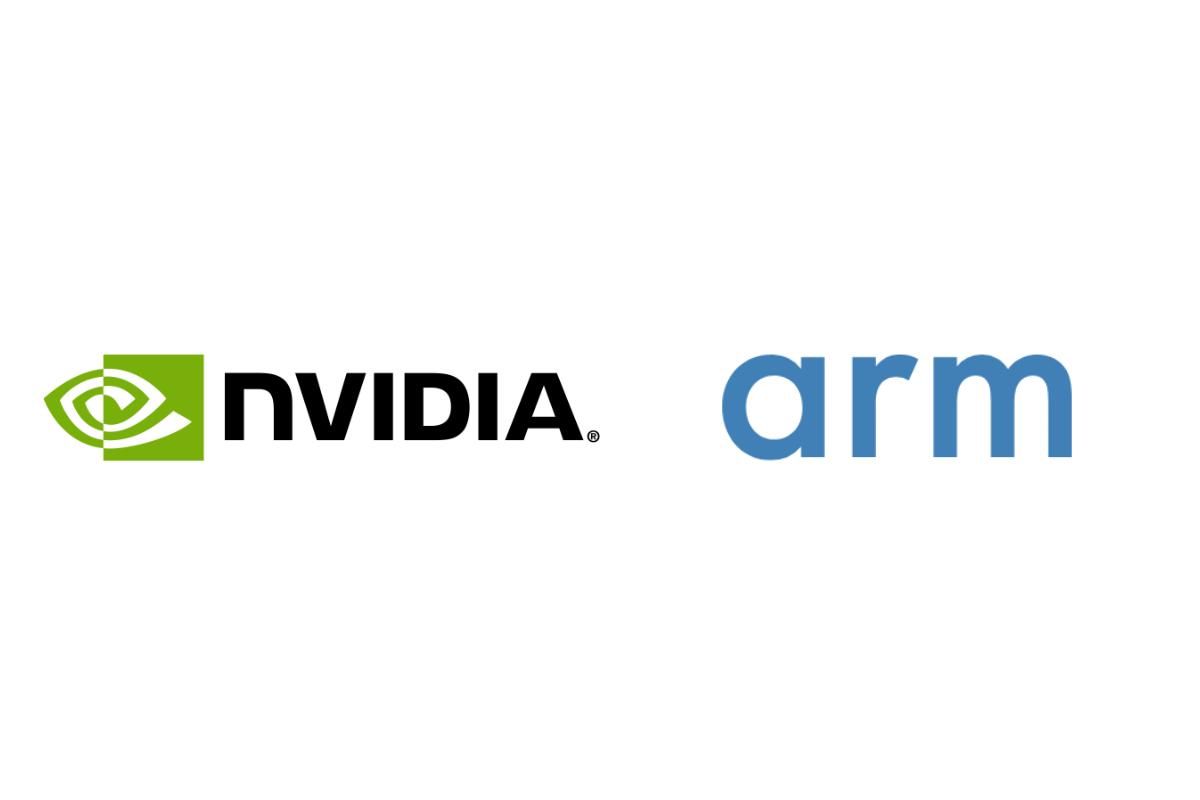In September last year, NVIDIA announced that it intends to acquire ARM, a UK-based semiconductor and software design company. NVIDIA offered a massive $40 billion, and it raised a lot of eyebrows among other companies and even some governments.
Qualcomm, Microsoft, and even Google were among those who raised complaints with the respective antitrust bodies in various regions, and the acquisition intention is currently being investigated in the United Kingdom, United States, Europe, and China (via XDA-Developers). NVIDIA is optimistic about the deal’s approval, but it has recently confirmed to Financial Times that it might not be able to meet the 18-month deadline that it had set out to close the deal and finalize it.
“Our discussions with regulators are taking longer than initially thought, so it’s pushing out the timetable,” said Jensen Huang, NVIDIA CEO, in a recent interview with the Financial Times. “But we’re confident in the deal, we’re confident regulators should recognize the benefits of the acquisition.”
SoftBack purchased Arm Ltd. nearly five years ago for $31 billion, and NVIDIA entered an agreement with SoftBank that gave the company until the end of 2022 to finalize the purchase at the value agreed between the giant corporations.
Britain’s competition regulator (via Reuters) has also announced on Friday that it found serious competition issues with the acquisition and has initiated an in-depth investigation into the matter. The regulator has mentioned that if the deal was given the green light, the competition would be reduced and it could stifle innovation across the world and in sectors such as gaming, data centers, IoT, self-driving cars, and more.
“We’re concerned that NVIDIA controlling Arm could create real problems for NVIDIA’s rivals by limiting their access to key technologies, and ultimately stifling innovation across a number of important and growing markets. This could end up with consumers missing out on new products, or prices going up,” said Andrea Coscelli, chief executive of the Competition and Markets Authority (CMA).

